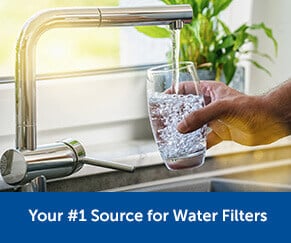Since 1972, the Clean Water Act has protected our streams, rivers, lakes, and other waterways from being polluted by industry. This legislation has served as a model for other countries since its inception. Now, there are forces at work in the U.S. that would dismantle this landmark law and make it easier for industries to discharge pollutants into our waters. Last month, the U.S. House of Representatives passed H.R. 2018, the so-called Clean Water Cooperative Federalism Act of 2011, which gives states more control over whether restrictions of industrial sources are tightened or relaxed. If passed, federal oversight would be lessened, and those states that desire to give industry less restriction would have more leeway to allow pollution into public waters. Presently, when a certain state isn’t tough enough on polluters, the Clean Water Act allows the Environmental Protection Agency (EPA) to step in and police that state’s industries more closely. If H.R. 2018 passes the Senate and is signed into law by the President, (who has threatened to veto the bill) we could see a return to the state of affairs that dominated the U.S. prior to 1972, when our waters were grossly polluted.
The assault on the Clean Water Act doesn’t stop with H.R. 2018. A Senate committee has approved H.R. 872, with the partisan sounding title “the Reducing Regulatory Burdens Act of 2011.” If passed, those who would spray pesticides into U.S. waters will face less restrictions and oversight than now presented under the Clean Water Act.
The Clean Water Act has protected the waters of our country for almost 40 years. Even with this safeguard in place, the quality of many waterways has continued to decline. Those who would see the Clean Water Act dismantled see this decline as evidence of the Act’s ineffectiveness and a reason to ease restrictions. If anything, this shows that greater regulations are needed.















Leave a Reply